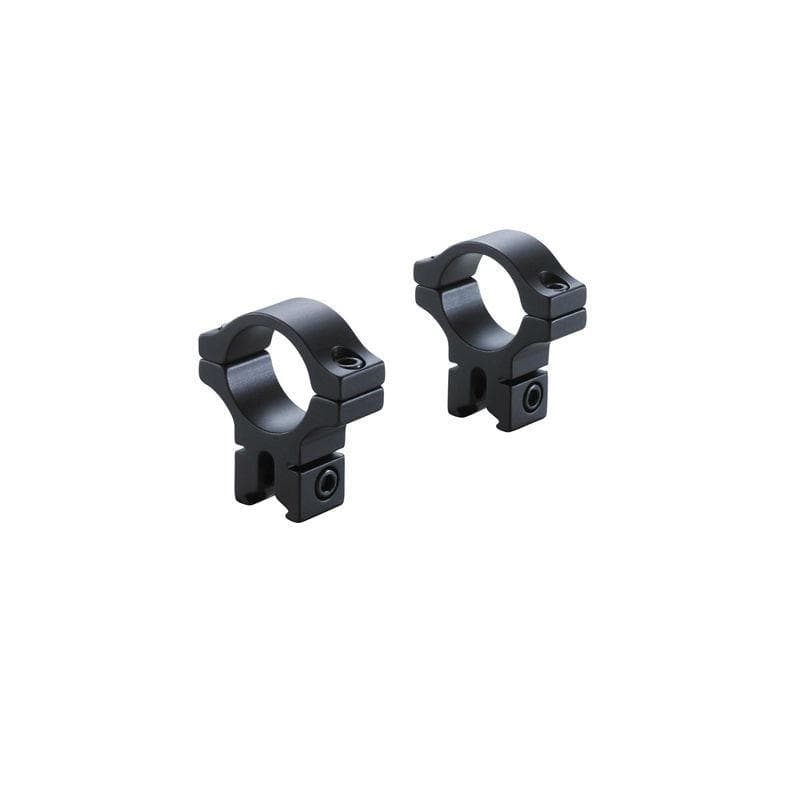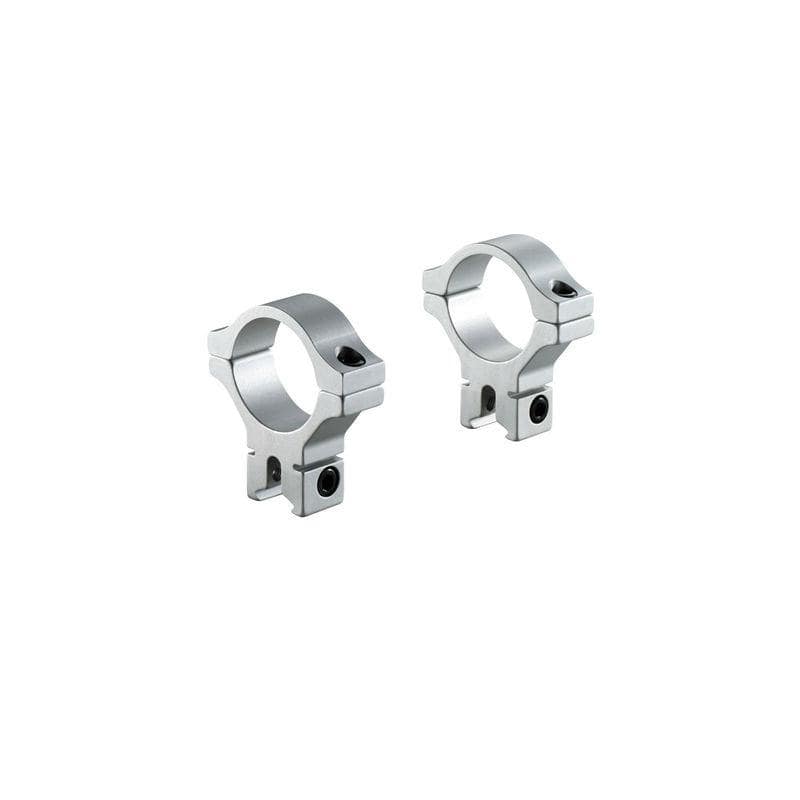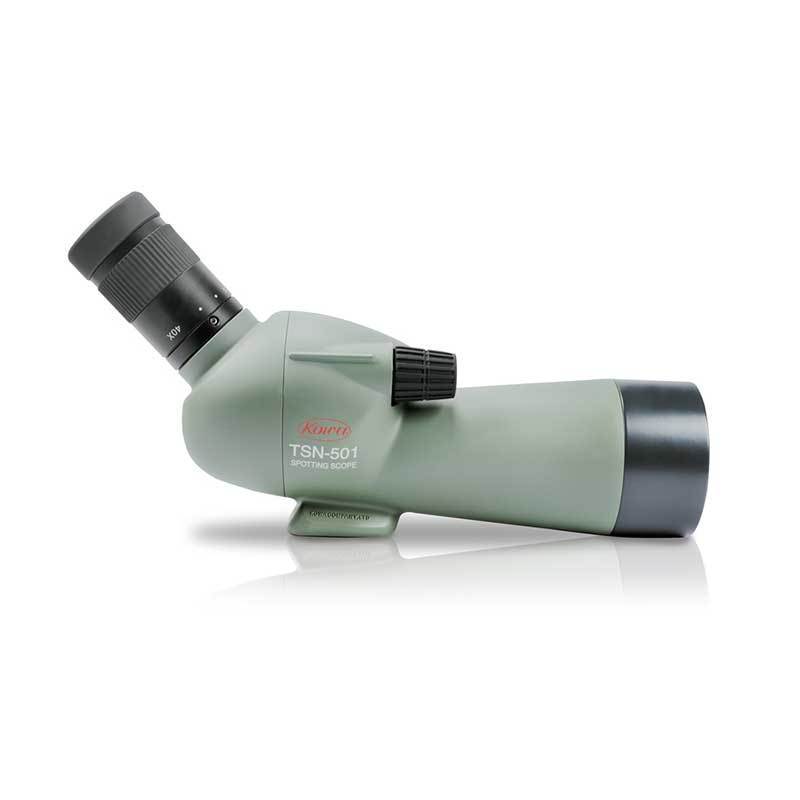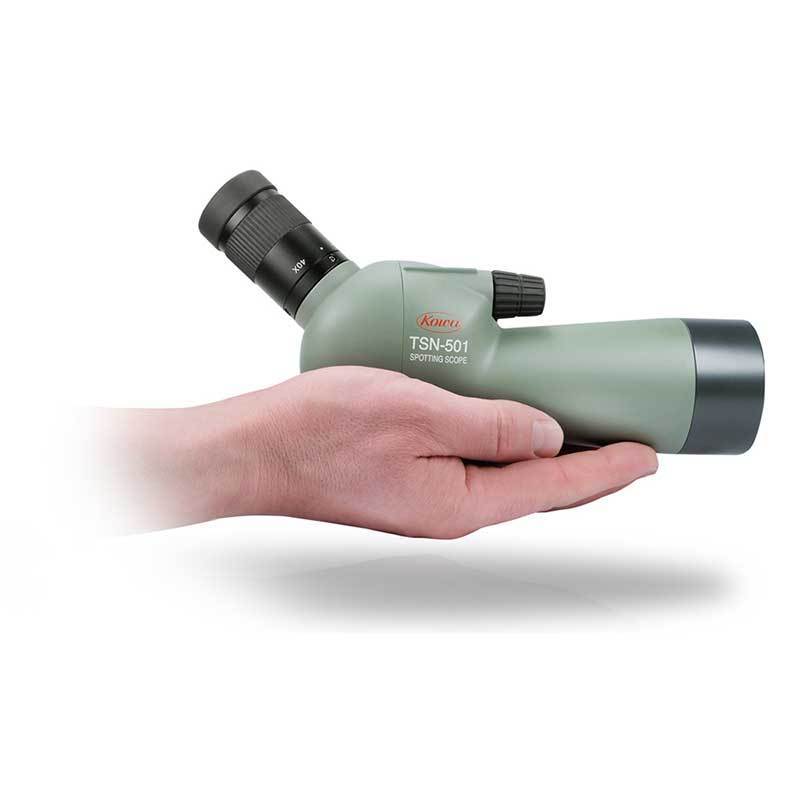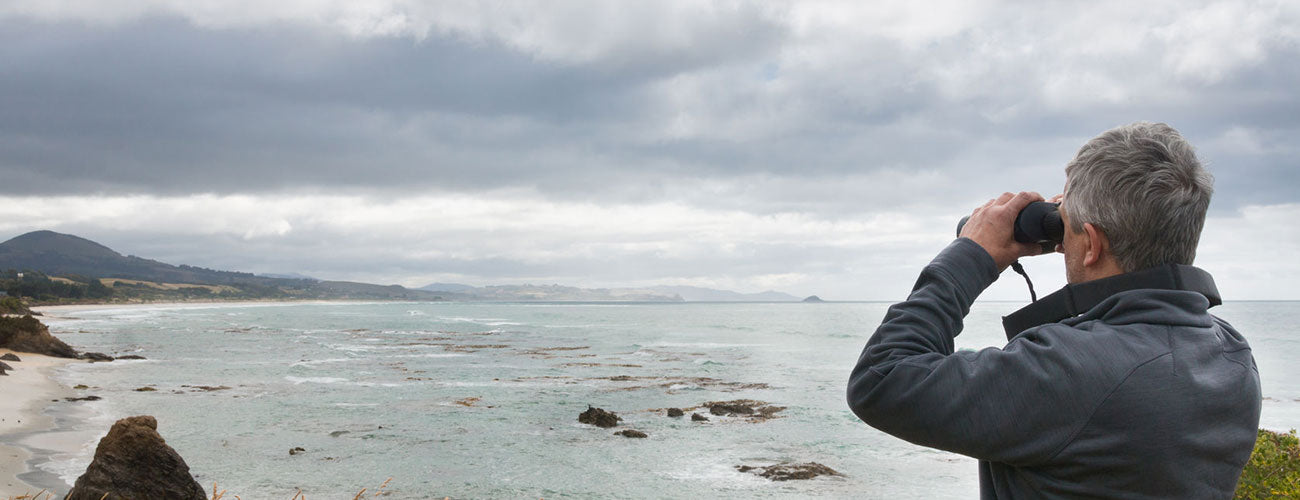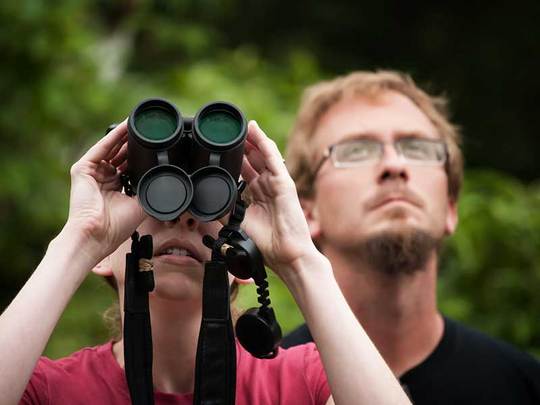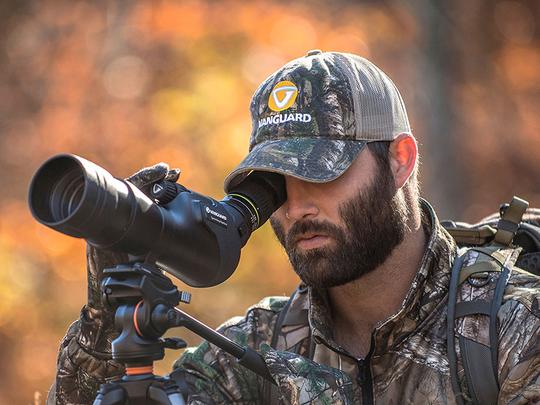Buyer's guide for binoculars to use at the beach
Choosing binoculars for the beach
When you’re at the beach there’s plenty of things to see. The question is, what binoculars will be the best at giving you a more in depth and closer view of people, animals, surf and objects of interest (such as ships and boats) when you’re by the ocean.
Choosing binoculars for use at the beach is quite different from choosing marine binoculars; that is, binoculars to use whilst out at sea on a boat. When you’re on a boat, it’s important to choose binoculars that have a wide field of view, have a relatively low magnification; so they aren’t too susceptible to the movement of the boat, and are waterproof. Although field of view and waterproofness are also important when viewing the ocean from dry land, image shake is less of a concern, so binoculars with a higher magnification can be used.
Magnification
Whether you’re after binoculars for checking out the surfing conditions, watching boats, looking for dolphins or whales or watching people in the water, it’s likely that you’ll be doing it from quite a long distance, so we’d recommend something with a mid to high magnification.
When it comes to choosing binoculars for any application, there’s always a compromise to make between magnification and field of view, that is, how much of the landscape you can see through the binoculars at one time.
At the beach, it’s likely that you’ll need to see quite a lot of the view at one time, to locate whatever it is you’re looking for. So it’s quite important for your binoculars to have as wide a field of view as possible. With this in mind, binoculars with between an 8x - 10x magnification should be a good option and offer the compromise you need.
Another alternative to consider is zoom binoculars which offer a range of magnifications so that a mid range magnification can be used to locate people, animals and things of interest, and then you can zoom in to view in more detail.
Objective lens diameter
The diameter of the objective lens governs how much light the binoculars can gather, effecting their performance in low light conditions such as dawn and dusk. If you’re using the binoculars to check out the surf first thing in the morning or last thing at night, then mid to full sized objective lenses that are 42mm or above are going to be most beneficial.
Lens size does of course govern the size and weight of your binoculars, so if you’re planning on taking your binoculars on holiday with you, then you may want to opt for some mid sized binoculars with 30mm lenses instead to reduce their size.
Waterproof and fog proof
We all know that being by the sea can sometimes be quite a damp and salty affair. With this in mind, having binoculars that are waterproof and fogproof, as well as rubber armoured to protected them from salt corrosion is vital.
Lens quality
When it comes to optics, their overall performance ultimately hinges on the quality of the lenses that they are built with. The quality of binoculars lenses is based on the type of glass used to construct them, along with the types of special coatings that are used on the glass, so be sure to keep a look out for the key lens quality indicators when choosing your binoculars for use at the coast.
Most importantly, choose lenses made from BaK-4 glass, and not the cheaper and inferior BaK-7 glass. Always try to choose binoculars that have fully multi-coated lenses, and those that have some sort of anti-reflective coating added to their lenses. This will be highlighted in the key features of the binoculars.
Conclusion
When choosing binoculars for watching things out at sea, it’s important to consider magnification, objective lens size, weatherproofing and lens quality. We’d ideally recommend choosing 10x42 binoculars that are waterproof, have BaK-4 glass, are fully multicoated and rubber armoured. If you think that you’d benefit from a zoom function then choose something with a magnification that starts at 10x and goes up from there for closer up viewing.


